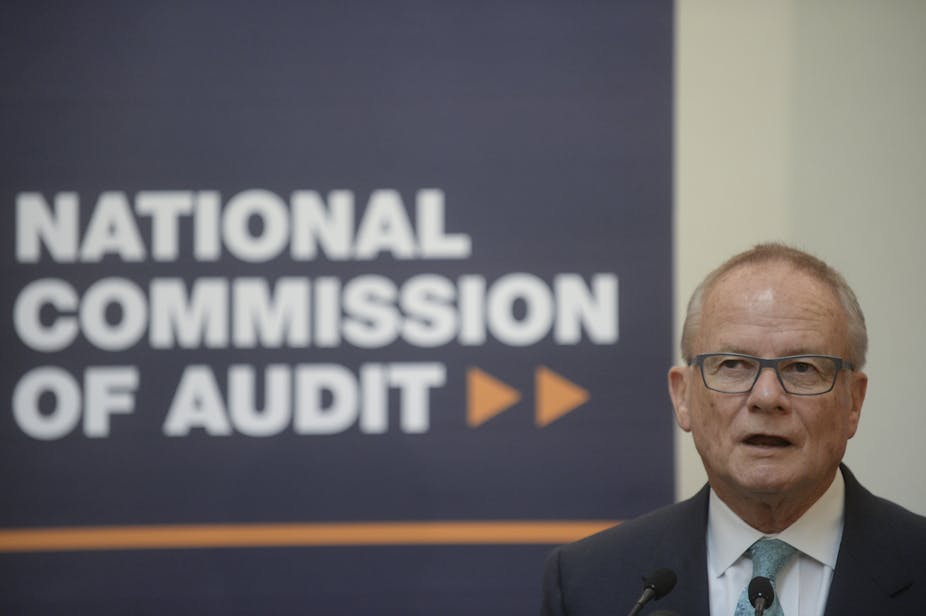The 2014 federal budget was informed by the need to think long term and was accompanied by austerity rhetoric. Regardless of where you stand on the merit of austerity policy in affecting economic recovery processes, the perception in the Australian electorate, rightly or wrongly, is that the boom years have come to an end. And perception is everything in politics.
The impact of the economic downturn since 2007 on western industrialised countries has encouraged a range of governments, regardless of their ideology, to engage in recovery strategies that involve a mixture of austerity measures over public finances with investment in new growth opportunities such as infrastructure. We now appear to be following the trend somewhat belatedly in Australia.
However, profound doubt remains whether the long-term policymaking and governing resilience required to maintain such strategies is possible. This is the result of what my colleague Gerry Stoker has termed the “democratic myopia inevitably created by pressures of the electoral cycle”. This is obviously more acute in Australia given the three-year electoral cycle and the gatekeeping role of the crossbenchers in the Senate.
To depoliticise or democratise?
The capacity for long-term politics is not easy to achieve in any circumstances in democratic politics and has arguably become harder to conjure. The boom years (1990-2007), in which the old growth model dominated, have left many established democracies with economic legacies that will be difficult to overcome. This is because of the prevailing model of politics on offer – short-term in focus, consumerist in style and top-down in ideology – which seems incapable of moving in a new policy direction.
There are some who go further and argue that short-termism is an inevitable feature of contemporary democratic politics. Their prescription appears to be that the only hope for long-term policy processes to emerge is to take issues away from democratic politics through processes of depoliticisation. This involves handing such issues over to special-purpose bodies such as Commissions of Audit.

Recent evidence, however, suggests that this approach doesn’t really work because of the resulting political management issues. At the very least, it is only a small part of the answer.
As Stoker observes, the key question then becomes can democratic politics deliver long-termism? Can politics confront tough choices? Can democratic politics legitimate short-term sacrifices for long-term gain? Can it take on and defeat powerful and vested interests?
The need for a new politics
I think it can, but only if a new politics is on offer. This is a politics that seeks to establish common ownership of the major public policy problems that we are confronting such as reform of the federation, climate change or infrastructure. We need a new politics that thinks long term and engages citizens directly in the fundamentals of reform thinking.
The terms of reference to the White Paper on the Reform of the Federation identify the appetite for reform among Australians. They also hint at some potential democratic innovations that could be bent to the purposes of long-termism.
For example, the terms of reference refer to the notion of subsidiarity, which was used to build long-term thinking across the austerity economies of Europe. Referenda following considered deliberation on major “once in a generation” decisions offer another way forward. There are other options such as devolution of decision-making through city deals or regionalisation.
What is certain is that the critical challenges confronting the Australian government in a complex world can no longer be managed through hard power “command and control” politics. This is an era where the use of soft power, or the power to persuade and partner with the citizenry, has become the only alternative.
This article is based on a presentation to the Institute for Governance and Policy Analysis Infrastructure Forum at Parliament House, Canberra, on Monday.

